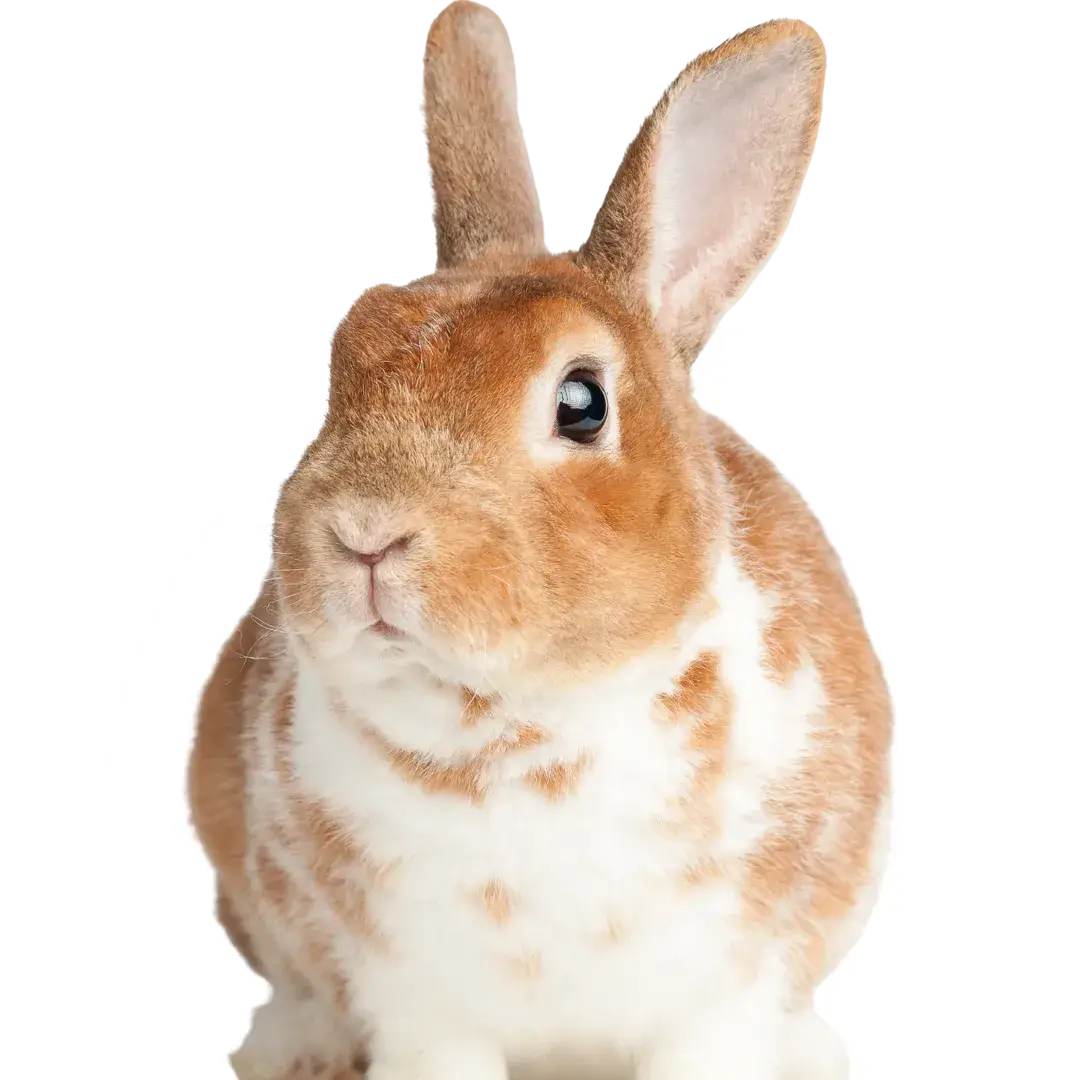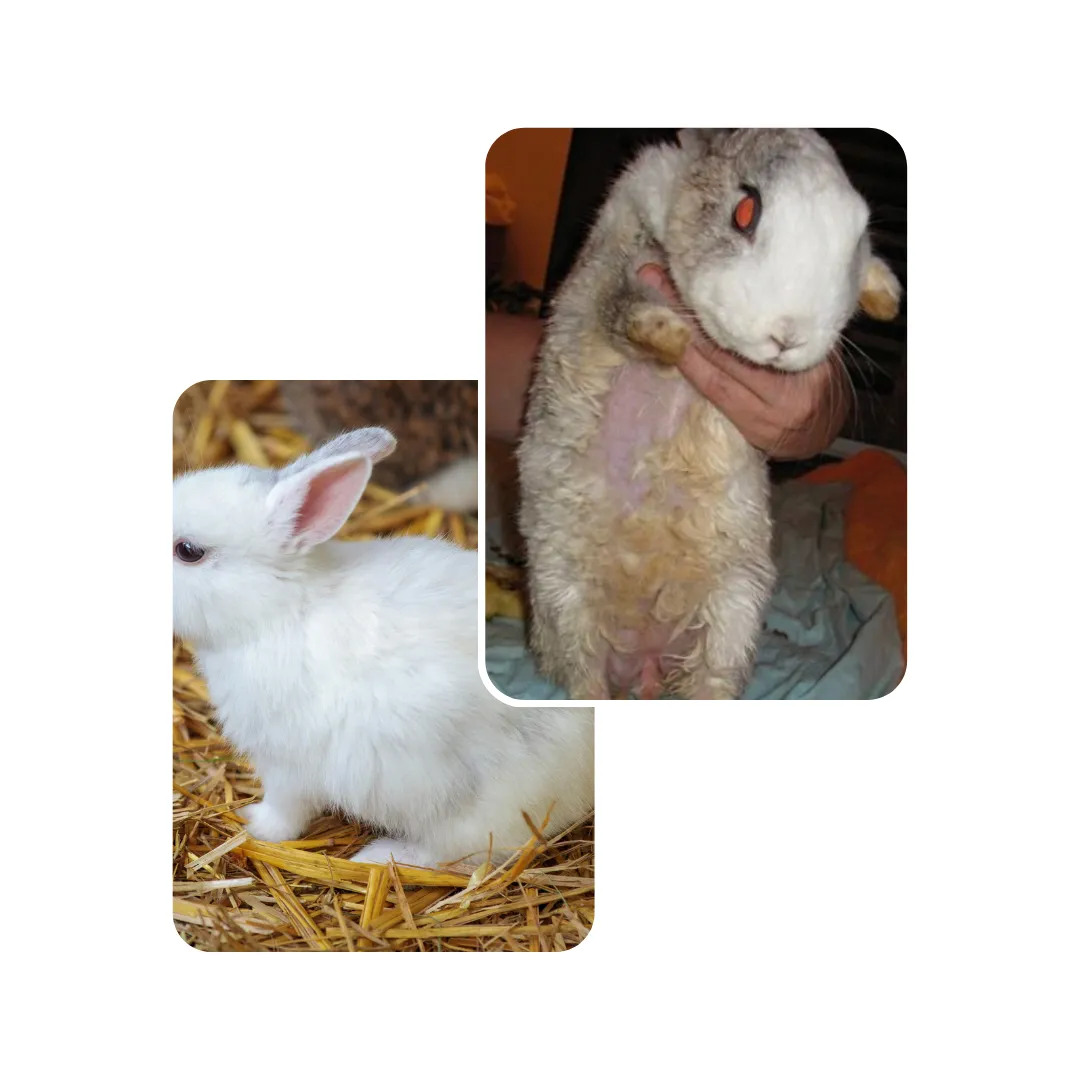

Rabbits excrete excess calcium in urine. Diets high in alfalfa, spinach, or calcium-rich greens often cause sludge buildup.
No. While mild sludge may pass with hydration, most urinary issues require veterinary treatment to prevent recurrence or complications.
It can indicate bladder stones, infection, or uterine problems in unspayed females. Any blood in urine should be checked immediately.
Yes, especially in middle-aged or overweight rabbits fed calcium-rich diets. Stones may require surgical removal.
Vets may use X-rays, ultrasound, and urine tests to identify stones, infections, or other abnormalities.
Your pet deserves expert care – Subscribe now for trusted tips and updates from our pet experts.
